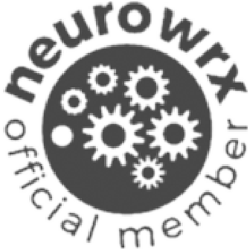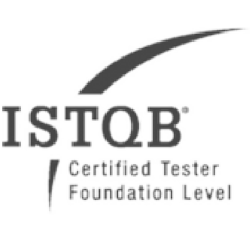Autism has made national news again, this time concerning sweeping claims about causes, treatments, and prevalence rates. These stories can be unsettling for families, professionals, and the broader autism community, especially when the coverage leans on speculation rather than science and the impact of these claims on a national level remains to be seen.
To help clear up the confusion and misinformation being spread, we’re sharing key points put forward by Rachel Loftin, PhD, longtime Aspiritech Board Member and Chief Clinical Officer of Prosper Health. In a recent LinkedIn post, Dr. Loftin emphasized the importance of grounding autism understanding in evidence, not headlines. We’ve unpacked her expert guidance below.
Acetaminophen and Autism: What Research Actually Shows
One recurring claim suggests that using acetaminophen (Tylenol) during pregnancy increases the likelihood of babies being born autistic. This idea has gained media traction in the past few years—most recently during a government announcement on September 22— but the science tells a different story.
The largest study on this topic tracked outcomes for 2.5 million children and found no causal link between prenatal acetaminophen exposure and autism. Major medical organizations also do not list acetaminophen as a cause of autism.
The takeaway: Despite alarming headlines, current evidence does not support a connection between acetaminophen and autism.
New Treatments: What to Know About Leucovorin
Another topic raised in conjunction with the acetaminophen conversation is leucovorin, which is sometimes promoted as an autism treatment. It’s important to know, however, that leucovorin—also known as folinic acid—does not “treat autism.”
Instead, it addresses cerebral folate deficiency, a specific metabolic condition that can occasionally occur in autistic individuals. Early research comprising mostly small studies involving children with significant language delays has shown potential benefits from taking leucovorin. But the evidence is still limited, and we don’t yet know how it might affect adults or autistic people with different profiles.
For now, leucovorin is best understood as a targeted treatment for a narrow condition. It should not be used as a broad therapy for autism itself.
Autism Prevalence: Understanding the Numbers
Sometimes we hear claims that autism “doesn’t exist” in certain communities, such as the Amish. This is misleading. Autism is present in virtually every population. Differences in reported prevalence usually reflect factors such as:
- Access to diagnostic services and healthcare
- Cultural attitudes toward seeking evaluations
- How autism traits are recognized and discussed locally
- Documentation and reporting practices
Some communities may have informal methods of effectively supporting neurodivergent people, even without formal diagnoses. In others, barriers to healthcare limit access to clinical evaluations.
The broader trend is a positive one: Rising autism diagnosis rates reflect progress in recognition, particularly among adults and groups historically overlooked. This is a sign of greater awareness and inclusion, not a public health crisis.
Vaccines: Reaffirming the Science
Despite decades of clear research, misinformation continues to circulate around vaccines. The evidence remains firm: Vaccines do not cause autism.
This conclusion has been confirmed repeatedly in large, well-designed studies worldwide. Vaccines save lives, and protecting public health has no impact on autism rates beyond reducing the number of autistic lives lost to preventable diseases.
Why Grounding in Science Matters
Misinformation generates fear, stigma, and false hope. Accurate information, on the other hand, empowers families, supports providers, and strengthens the autism community as a whole.
Dr. Loftin’s reminder is critical: The rise in autism diagnoses reflects progress in recognition, and is not cause for alarm. When we focus on evidence instead of speculation, we can better understand autism and provide meaningful support to our neurodivergent loved ones, co-workers, and community members.
At Aspiritech, we see every day how autistic adults thrive in careers that value their talents and perspectives. Science-based information protects against panic caused misinformation. It also helps build a future where differences are understood, embraced, and supported.
Final Word
Rachel Loftin, PhD, has provided a clear, science-focused response to misleading autism news. By unpacking her insights, we hope that everyone concerned by patently false statements made by government officials can confidently approach these stories with the skepticism and critical thinking they deserve.
Autism isn’t defined by sensational headlines. It’s the lifelong lived experience of real people. Progress around our understanding of this completely human condition happens when recognition, support, and inclusion are permitted to flourish.





















